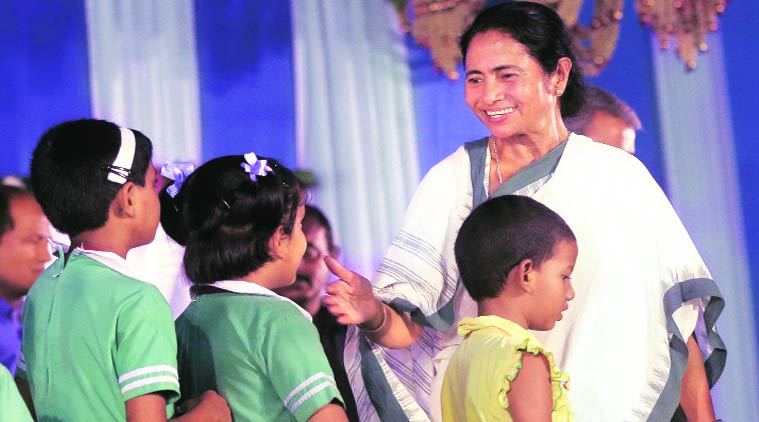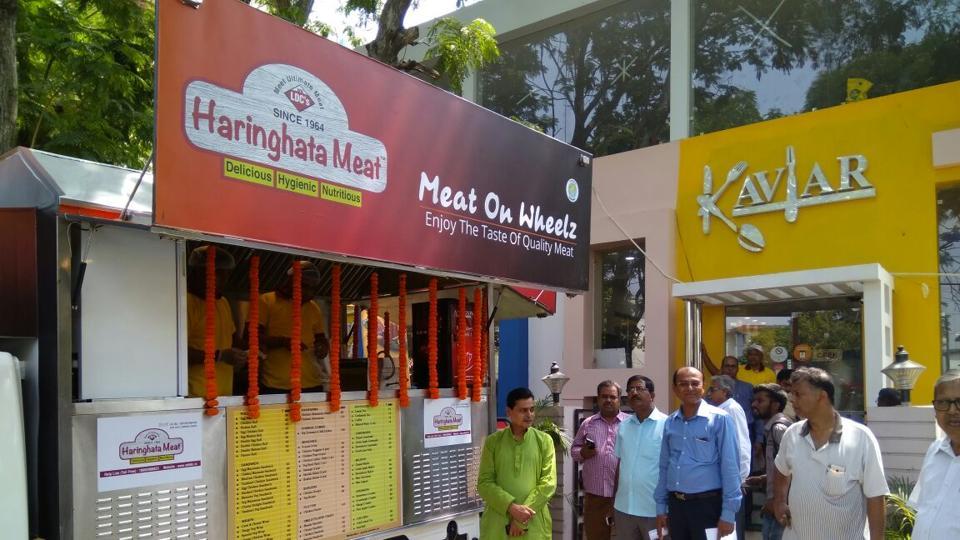Over the last financial year (2017-18), the State Women and Child Development and Social Welfare Department has done a lot of work in the area of capacity building regarding the Integrated Child Protection Scheme (ICPS). The ICPS has played a key role in strengthening the child protection regime in Bengal.
Capacity building of child care officers:
- 217 Child Welfare Police Officers trained on TrackChild portal in collaboration with National Informatics Centre (NIC)
- Two sensitisation programmes organised for district judges and principal magistrates on Juvenile Justice Act, 2015 (JJ Act) in collaboration with West Bengal Judicial Academy
- Training of ICPS functionaries on the implementation of JJ Act, covering all the districts
- Workshop on rehabilitation of children with special need (CWSN) for district social welfare officers (DSWO), Home superintendents and district child protection officers (DCPO) from November 16 to 17
- Outreach programmes on alternative care and child protection committees (CPC) in Sandeshkhali-1 and Sandeshkhali-2 blocks in the district of North 24 Parganas by officers of State Child Protection Society (SCPS), State Adoption Resource Agency (SARA) and District Child Protection Unit (DCPU)
- Phase-wise training on minimum standards of care for superintendents, probation officers, child welfare officers, House mothers and House fathers of Child Care Institutions (CCI) across Bengal
Capacity building plan for FY 2018-19:
- Operationalising block-level child protection committees (BLCPC), ward-level child protection committees (WLCPC) and village-level child protection committees (VLCPC) through sustained capacity building
- Creating information, education and communication (IEC) material on trafficking, adoption, Protection of Children from Sexual Offences Act (POCSO Act), etc.
- Developing advocacy strategy on child protection issues
- Rehabilitating and mainstreaming children through capacity building
- Developing State guidelines on POCSO Act
- Implementing State Plan of Action to combat human trafficking
- Capacity building of ICPS functionaries
The State Government is also providing vocational training of various types to the inmates of the various Homes
- Vocational training for inmates of Juvenile Justice Homes (JJ Homes) in painting of car bodies in collaboration an industrial training institute (ITI) and Maruti Udyog
- Training inmates of CCIs in retail management (leading to placement), hair cutting, tailoring, etc.
- Training female inmates of SMM Home in Liluah in weaving and designing in collaboration with internationally renowned fashion designer, Bibi Russel
- Training female inmates of SMM Home in the peeling, scaling and packaging of fish, and cutting of fish fillets, on stipend basis
Thus, through a comprehensive exercise of training child care officers as well as Home inmates, the State Government is bringing about all-round improvement in the child care scenario in Bengal.
Image is representative










